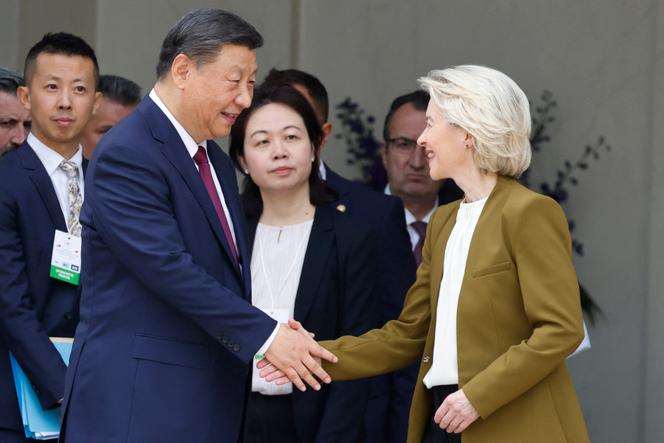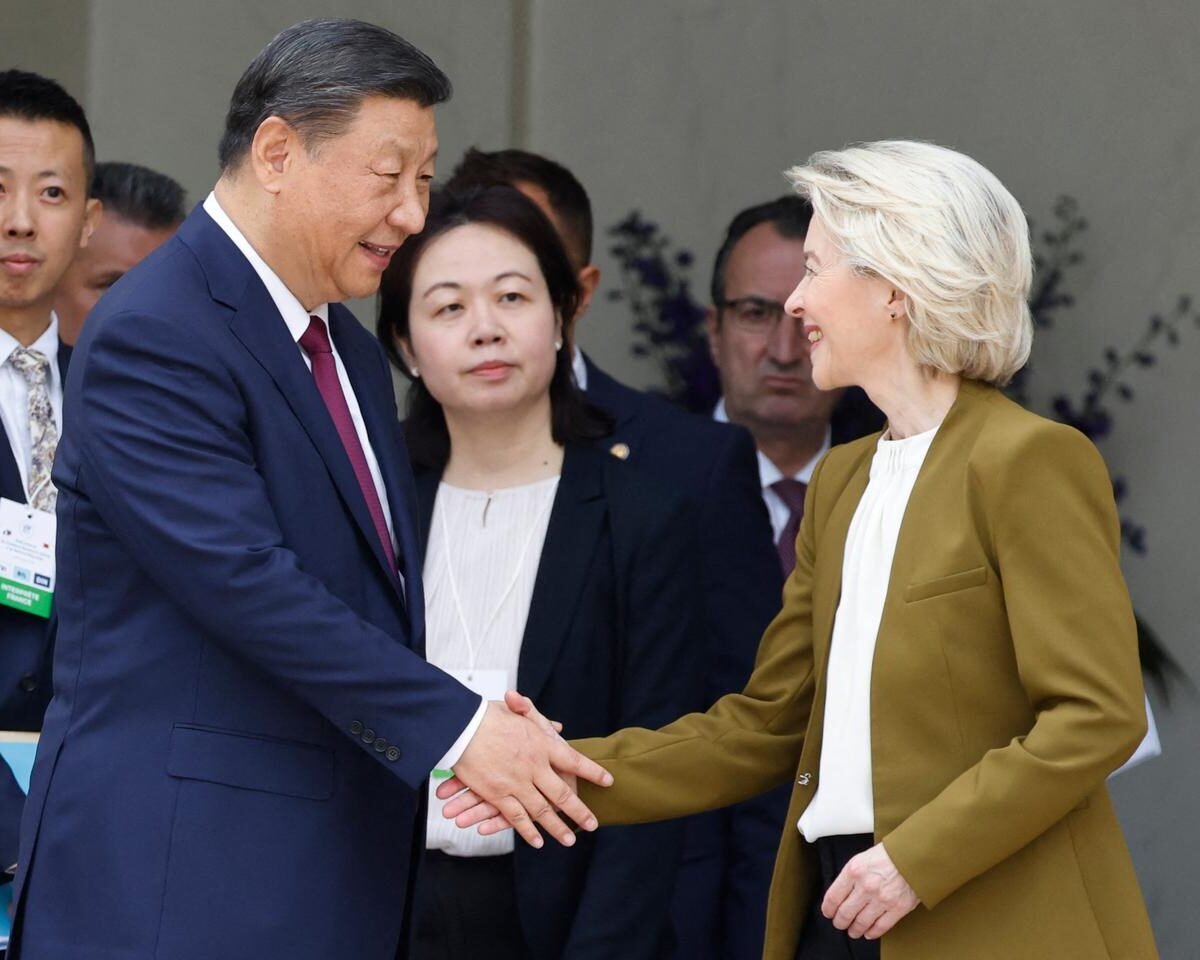
On paper, the European Union claims to use trade to promote social justice and respect for human rights. Its free trade agreements, for example, include clauses supporting these principles.
In practice, however, the trend seems to be moving in the opposite direction. According to a European Central Bank blog post published on July 8, “over the past 25 years, the EU’s trading partners have become less and less democratic.” To demonstrate this, two of its researchers, Claudia Marchini and Alexander Popov, used the liberal democracy index calculated by the Varieties of Democracy (V-Dem) Institute and weighted it with the trade volumes of the 15 countries that were EU members in 1985, allowing for a long-term historical perspective. Their analysis yielded a democracy-weighted trade index (DWTI).
The results showed real improvement between 1985 and 1998 – the index rose from 0.45 to almost 0.6 – before a gradual decline set in at the turn of the millennium, bringing it down to just above 0.4 in 2022. Since then, sanctions against Russia − which have sharply reduced imports from that country − allowed the index to recover slightly to around 0.45. “Clearly, despite explicit commitments, the democratic quality of EU trade has taken a hit,” the two researchers concluded.
You have 61.43% of this article left to read. The rest is for subscribers only.





